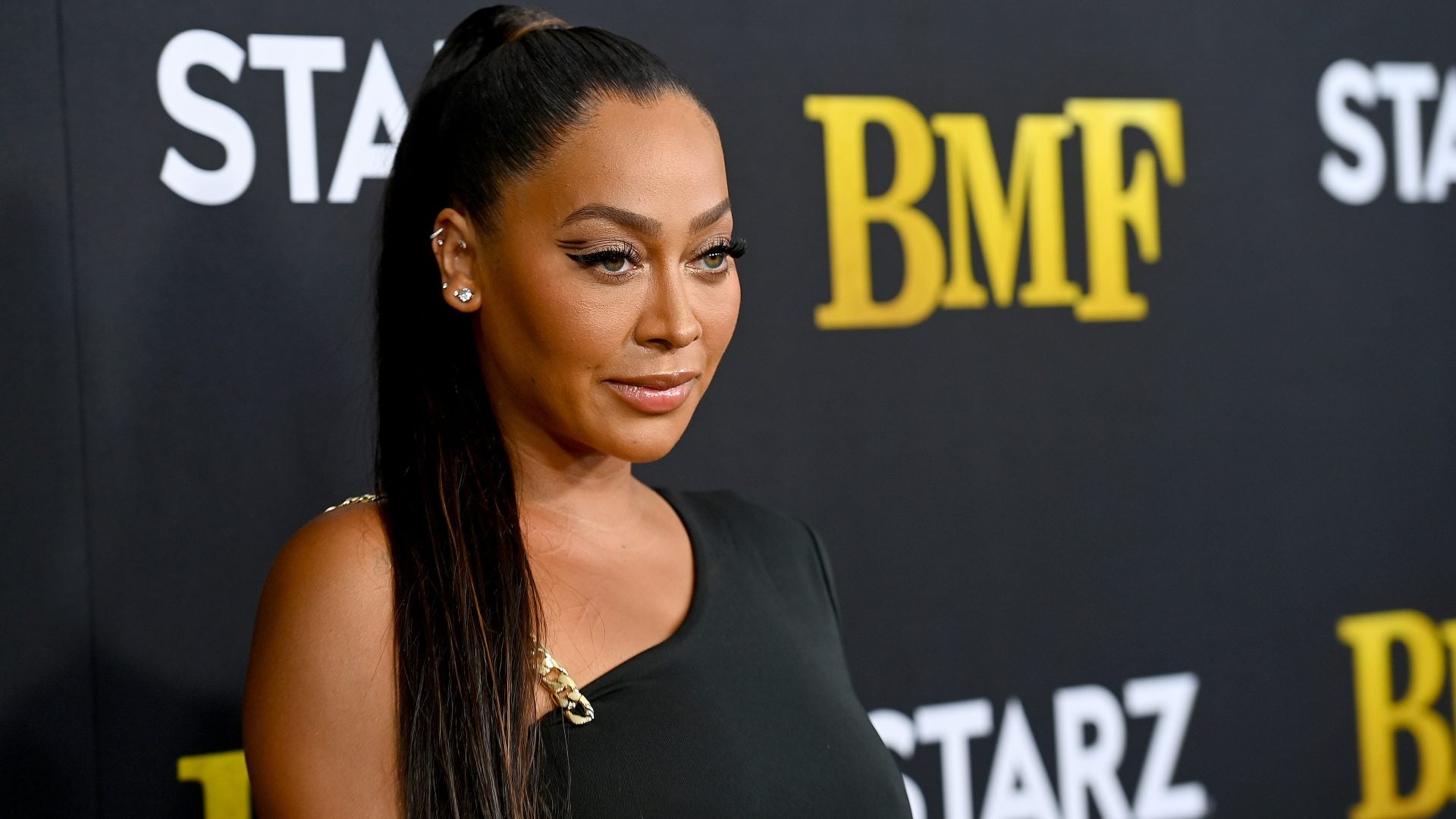
While we’re used to seeing La La Anthony showcasing curves and chic fashions on her Instagram, appearing well and unbothered, earlier this year, she went through a health crisis.
La La, who covers the latest issue of SELF magazine, opened up about the irregular heartbeat that sent her to the emergency room this past summer. The star was feeling lightheaded and could barely keep her balance following a Memorial Day celebration with loved ones. Her family was so concerned by how pale and unlike herself she was that convinced her to call for an ambulance.
“I never felt anything like that before,” she said. She was told in 2019 that she had PVCs, known as premature ventricular contractions, which disrupted her heart’s natural rhythm. When tested, doctors found that she was having more than 30,000 more beats a day than the average person. Such strain can weaken the heart muscle and be a cause of heart failure. La La admitted that her hectic work schedule and worries of what would happen if she slowed down personally and professionally kept her from doing something about her condition sooner. Plus, she says, it’s common for Black women like her to downplay their health issues.
“We’re just not naturally people that go to doctors,” she said. “We can self-diagnose. We’re gonna make some tea. We’re gonna heat up some Vicks.”
But on that day in June, she could no longer minimize her reality or put off the procedure to fix it. She had a cardiac ablation to stop the irregularity. It lasted two hours (some of that time she was awake) and put her in recovery in the hospital for four days.
“There were a lot of scary moments,” she says. “They would wake me up during the procedure and say, ‘We’re going to speed your heart up now…. Just take deep breaths.’ Those doctors were just so incredible. But it was a terrifying experience.”
The end result was worth it though. The changes in her heart rhythm were immediate.
“Right after I had the ablation, they put me on the EKG, and I’m looking at the monitor. And it’s just steady and regular. I don’t see a spike anywhere,” she said. “It’s so crazy. Just that quick. Everything kind of evened itself out and leveled out. To see that was like, ‘Wow, that’s all I had to do to get this sh-t in order? It’s regular now.’”
Anthony learned a few lessons from the situation, most important of all, the necessity for women, Black women especially, to not put everything else above caring for yourself and your health.
“Life is short. We’ve learned that from the pandemic. We learned that from being in quarantine,” she said. “You want to be able to live it to the fullest, and you don’t want something that can easily be corrected to be a reason why you’re not able to enjoy life or be there for your family or your friends. Use me as an example of why not to wait.”